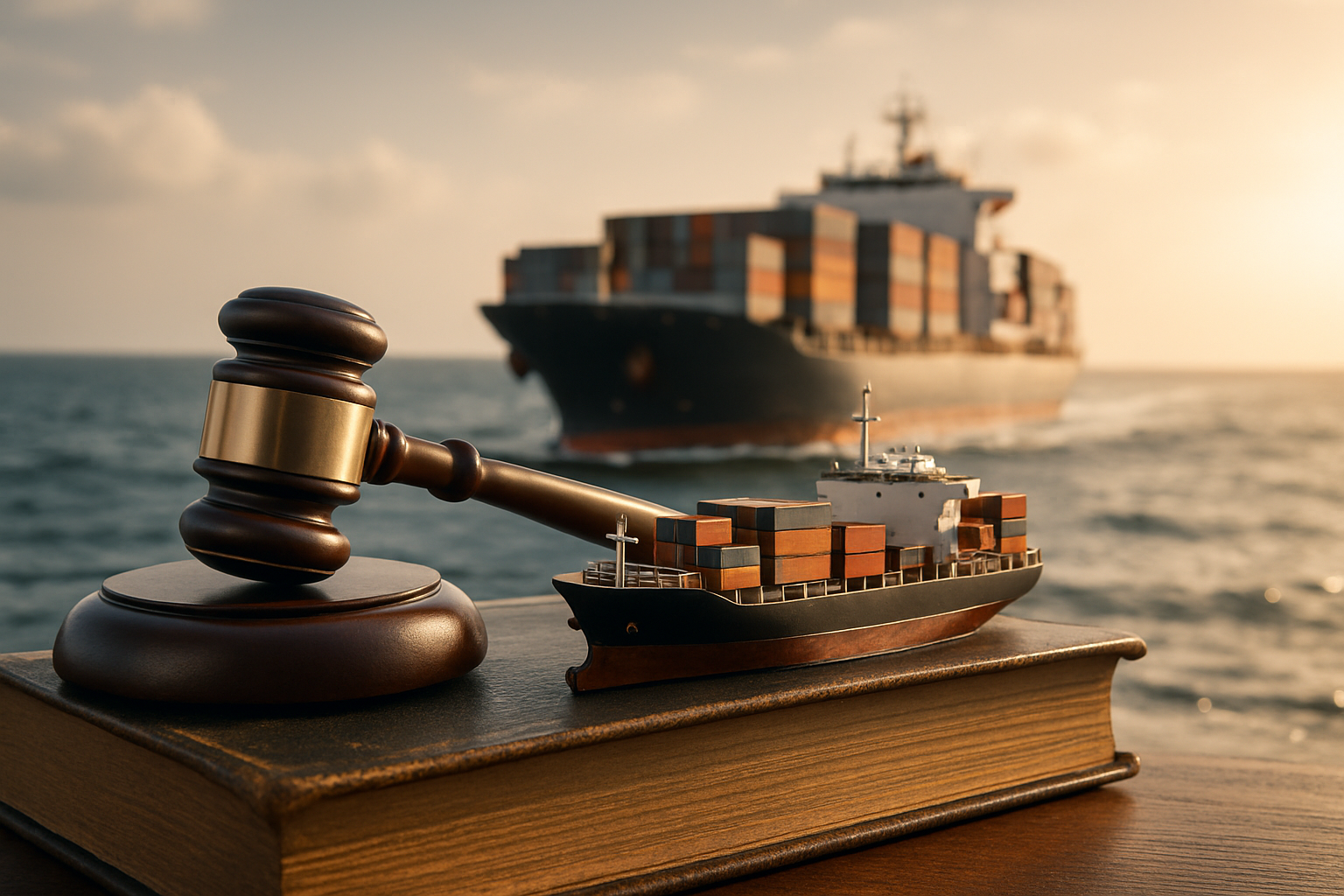Legal Implications of Deep Sea Mining
Introduction: As technology advances, the depths of our oceans are becoming the new frontier for resource extraction. Deep sea mining presents unprecedented legal challenges, intersecting maritime law, environmental regulations, and international treaties. This article explores the complex legal landscape surrounding this emerging industry.

International Legal Framework
The United Nations Convention on the Law of the Sea (UNCLOS) serves as the primary international agreement governing activities in international waters. Adopted in 1982, UNCLOS established the International Seabed Authority (ISA) to regulate deep sea mining in areas beyond national jurisdiction. The ISA is responsible for developing regulations, issuing licenses, and ensuring environmental protection. However, the absence of comprehensive guidelines has led to concerns about the potential for unregulated exploitation.
Environmental Regulations and Challenges
One of the most pressing legal issues surrounding deep sea mining is environmental protection. The deep sea ecosystem, largely unexplored and poorly understood, is home to unique biodiversity. Current environmental regulations struggle to address the potential impacts of large-scale mining operations on these delicate ecosystems. Legal experts argue for the need to develop stringent environmental impact assessment protocols and establish protected areas before allowing extensive mining activities.
Intellectual Property Rights in the Deep
The deep sea mining industry also raises complex questions about intellectual property rights. As companies invest in developing new technologies for exploration and extraction, they seek to protect their innovations. However, the application of patent law to resources found in international waters remains unclear. This legal ambiguity could potentially hinder technological advancements or lead to disputes over the ownership of mining techniques and discoveries.
Benefit Sharing and Economic Implications
UNCLOS designates the resources of the international seabed as the common heritage of mankind. This principle implies that the benefits derived from deep sea mining should be shared among all nations. However, implementing a fair and effective benefit-sharing mechanism presents significant legal and practical challenges. Developing countries argue for equitable distribution of profits, while industrialized nations and private companies seek to protect their investments and potential returns.
Conflict Resolution and Dispute Settlement
As deep sea mining activities increase, so does the potential for international disputes. The resolution of conflicts related to overlapping claims, environmental damage, or benefit sharing will require robust legal mechanisms. While UNCLOS provides for a dispute settlement system, including the International Tribunal for the Law of the Sea, many experts question its adequacy in addressing the unique challenges posed by deep sea mining.
The Way Forward: Legal Reforms and International Cooperation
The legal landscape surrounding deep sea mining is rapidly evolving. Many legal experts advocate for a comprehensive international treaty specifically addressing deep sea mining, similar to the Antarctic Treaty System. Such an agreement could establish clear guidelines for environmental protection, benefit sharing, and dispute resolution. Additionally, there is a growing call for increased transparency and public participation in the development of regulations and decision-making processes.
In conclusion, the legal implications of deep sea mining are vast and complex, touching on various aspects of international law, environmental regulations, and economic policies. As technology continues to advance, enabling greater access to deep sea resources, the legal framework must evolve to ensure responsible and sustainable exploitation. Balancing the interests of resource extraction with environmental protection and equitable benefit sharing will require unprecedented international cooperation and innovative legal solutions. The decisions made in the coming years will shape not only the future of deep sea mining but also set important precedents for managing global commons in an increasingly interconnected world.





